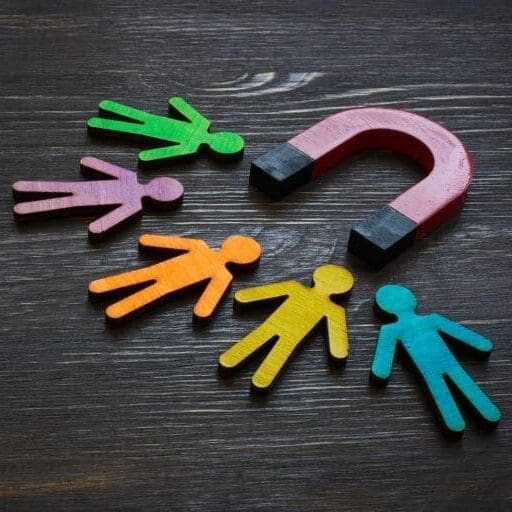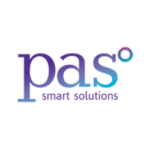 Training is essential to any hotel operation. However, it is an exhaustive pursuit, both in terms of time spent by supervisors and managers to onboard fresh employees as well as the interim knowledge gaps that may invite service errors. This creates a bit of a catch-22.
Training is essential to any hotel operation. However, it is an exhaustive pursuit, both in terms of time spent by supervisors and managers to onboard fresh employees as well as the interim knowledge gaps that may invite service errors. This creates a bit of a catch-22.
At the frontline and non-managerial levels, some hotels can have annual turnover rates so high that training becomes a perpetual obligation that detracts senior team members from other vital tasks. It can also be quite costly, in some cases amounting to the equivalent of an employee in that position’s yearly salary after all factors are considered.
It shouldn’t be that way. What if we were able to recuperate theses sunk costs by heightening staff retention and breaking this harmful cycle of near-constant turnover?
The new normal
Somewhat ironically, a key solution nowadays for reducing onboarding expenses is the ongoing training for your existing team members. In a bygone era of hospitality, properties’ operations were simpler, and guests were far less fastidious, meaning that we could get away (somewhat) with a low retention rate for line staff workers. A modern hotel, though, is vastly more complex and there is simply no way to properly train anyone for any role in a short breadth of time. With the need for training now drastically higher, it must be thought of as part of a team member’s continuing education.
Significantly, ongoing training can act as a powerful motivational tool to keep employees engaged, especially for instances where direct salary increases are unfeasible. Moreover, retesting and periodic evaluations will help to prevent legacy issues and bad habits from setting in, thereby aiding in our pursuit for perfect service delivery.
Recurrent instruction can also be utilized to give established team members more cross-departmental exposure so that they all come to realize just how dynamic a work environment a hotel is. Many organizations in our industry and others have prominent leadership or mentorship programs specifically for this purpose. If employees feel bogged down or bored with their present line of work, rather than leave altogether they could rotate through until they find a silo that best fits with their passions.
Speaking of the dynamic nature of hospitality these days, new technological innovations are taking place at a dizzying rate, while guest expectations continue to rise with each passing year. Together, these rapid changes are rendering college textbooks and SOP manuals obsolete, so much so that ongoing training may be the only way to effectively ensure that your team is up-to-date with all recent implementations and industry trends.
A microlearning environment
Somewhat ironically, a key solution nowadays for reducing onboarding expenses is the ongoing training for your existing team members. Specifically, they want their on-the-job education to be available in a medium of their choosing (mobile, web and tablet) as well as in a more digestible format.
The buzz word associated with this latter desire is microlearning which inscribes the process of delivering bite-sized, contextually relevant training instead of the traditional, intensive upfront learning period that has been shown to hinder overall knowledge retention.
In its more laissez-faire and incremental approach, the enhanced accessibility of microlearning allows hotels to stay more agile by shortening the development cycle of new training programs or updates while also keeping costs at a minimum. Combine this with the higher skill recall as well as subsequent morale boost, and you can thus ensure consistency in service during any major transition.
With all these benefits, the first step to getting underway is designing a culture that supports ongoing training. For this, you must leverage all the new technologies that have emerged in the past five years to help automate the process as much as possible, along with non-nominal incentive programs that reward team members for reaching certain training milestones. Additionally, group activities, guest speakers, offsite activities, team lunches and cross-departmental meetups are always encouraged to not only boost training but to help form strong familial bonds with your organization.
































